Cheap Doesn’t Equal Quality: 12 Products You Should Never Buy Cheap
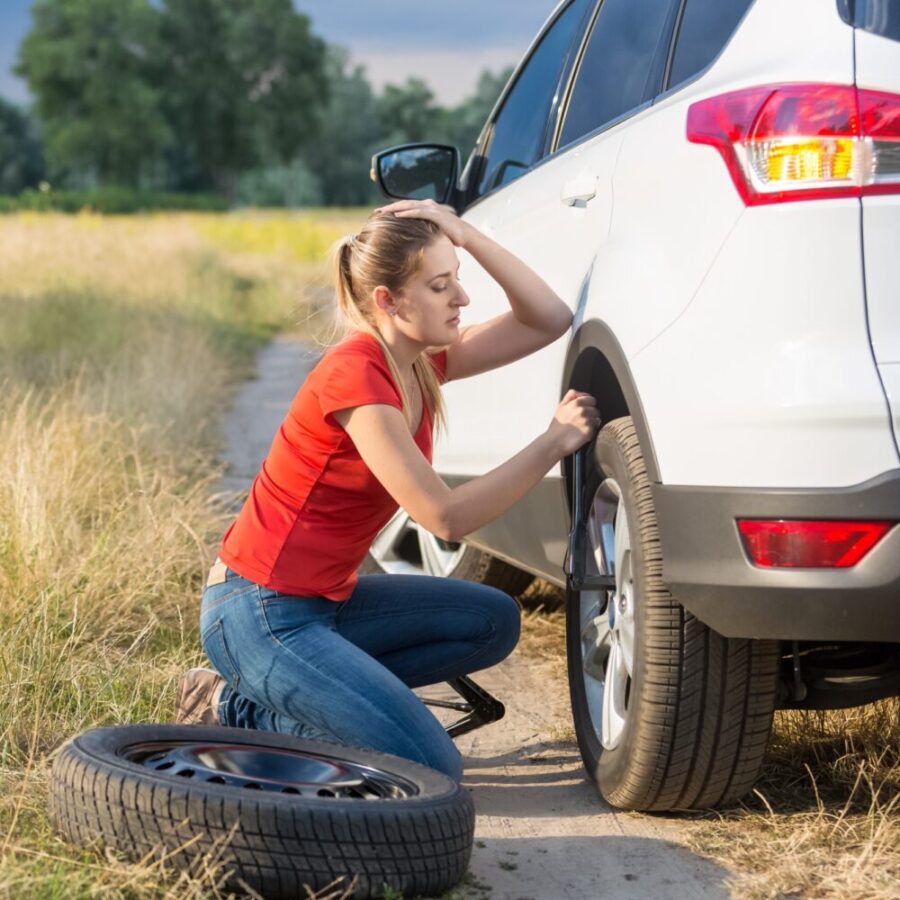
123RF
Cheapness devours the true value of your money. Always buying the cheapest products also makes it harder for you to discern when paying more for quality should be prioritized. You should never buy cheap products or services when it comes to your lifestyle, health, home, and safety.
Being financially smart and frugal does not necessarily mean that you should always buy cheap products. Cheap products are designed to be repaired or replaced often which benefits the seller, not you. Meanwhile, you will spend more money in the long run after the initial purchase. Contracting the services of the cheapest professional will cause more problems than it solves.
Here are 12 products that you should never buy cheap under any circumstances.
1. Toilet Paper
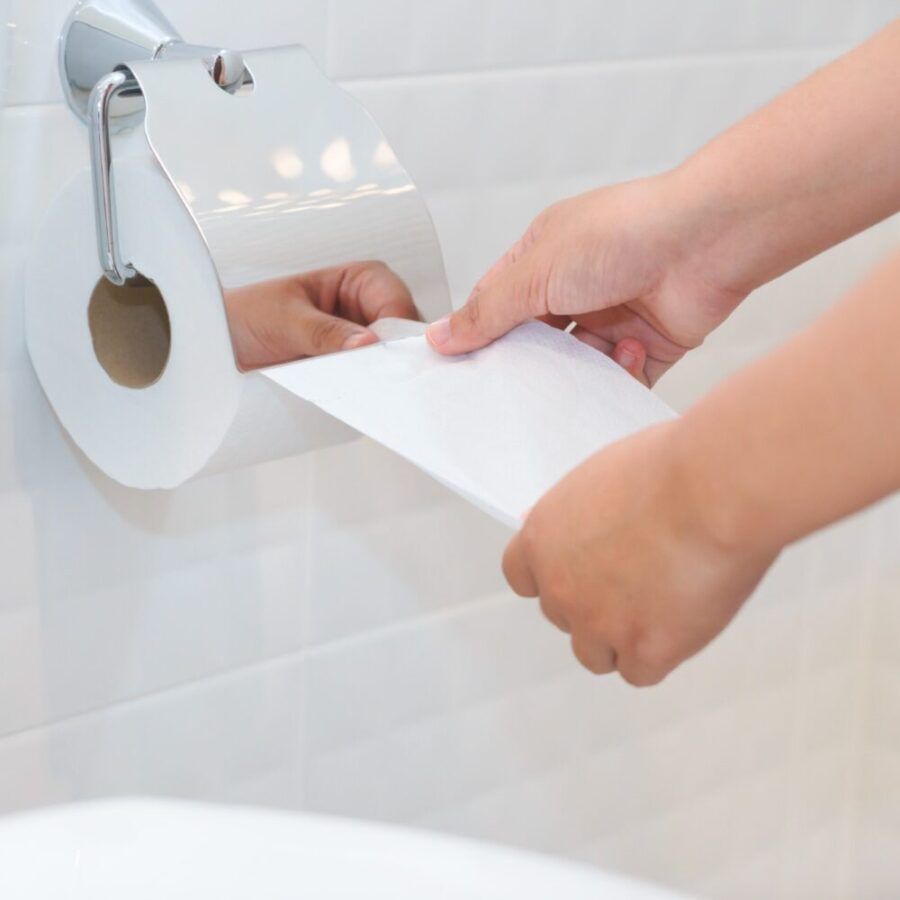
123RF
Cheap, one-ply toilet paper is purposely made to be of inferior quality and non-practical use. You will then use more than usually needed and then need to buy it more often. No one is suggesting that you go out of your way to buy luxury-brand toilet paper, but compare your options and buy the most affordable quality brand for your lifestyle.
2. Light Bulbs

123RF
Never buy cheap when it comes to light bulbs, no matter how tempting it is to buy them at dollar stores. Cheap light bulbs have short life spans and need to be replaced often, which is the explicit business model of the companies that produce them. A one-dollar, 60-watt incandescent light bulb will last less than 1,000 hours. A fluorescent light bulb can last up to 36,000 hours. A quality LED light bulb can last up to 50,000 hours. Compare brands and choose the best option according to your lifestyle.
3. Insurance

123RF
It’s better to have insurance and not necessarily need it than desperately need and not have it. Consult a professional insurance agent about your custom policy needs according to your finances and lifestyle. The type of insurance that you need if you are young or old, own property, or have a family, and so on varies according to your circumstances. While one can have too much insurance, never buy cheap insurance or scant coverage to serve your immediate needs.
4. Paint

123RF
Never buy cheap paint products; you’re wasting your time and money, and sacrificing the aesthetics of your home’s interiors or exteriors. Cheap paint products require numerous applications to manifest the equivalent layering and coverage aesthetics as quality paint. Cheap paint peels, flakes, and also fades quickly.
5. Fire Extinguisher
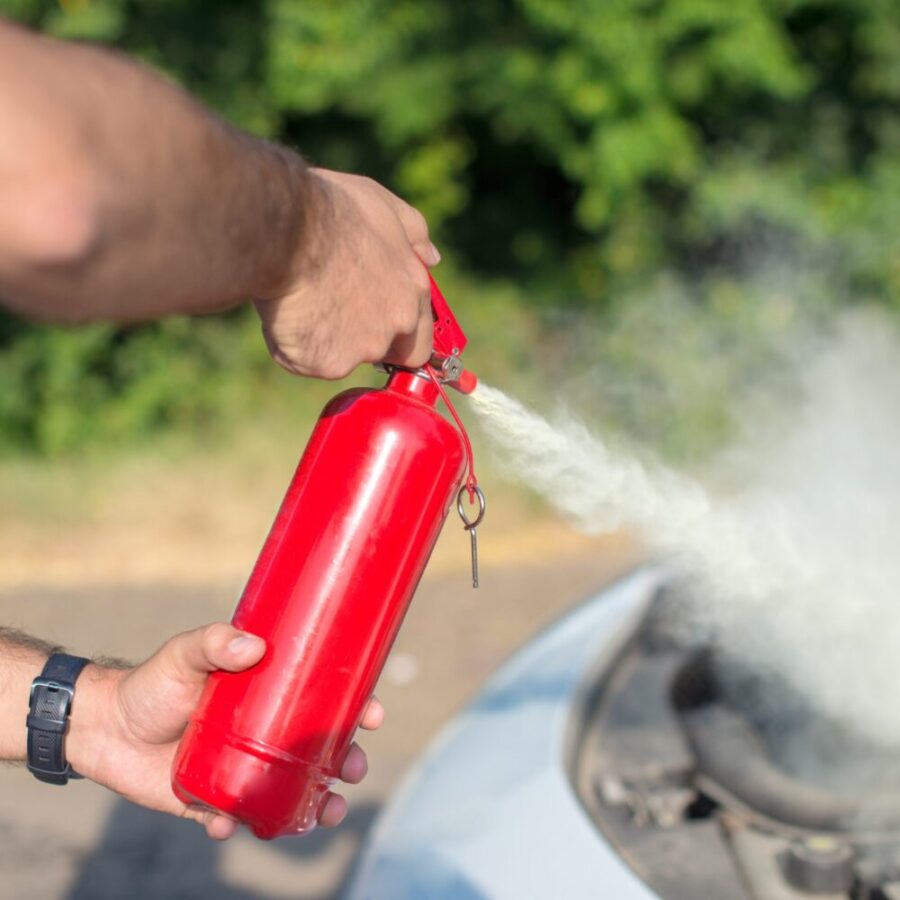
123RF
Fire extinguishers are not aesthetic-enhancing knick-knacks for your home, office, car, or RV. Fire extinguishers are potentially life-saving devices when used properly. Cheap fire extinguishers, especially the small-sized ones are not made with quality in mind. Never buy cheap fire extinguishers, buy the right one for your environment, and inspect them monthly to make sure that they are always properly pressurized and charged.
6. Large Household Appliances
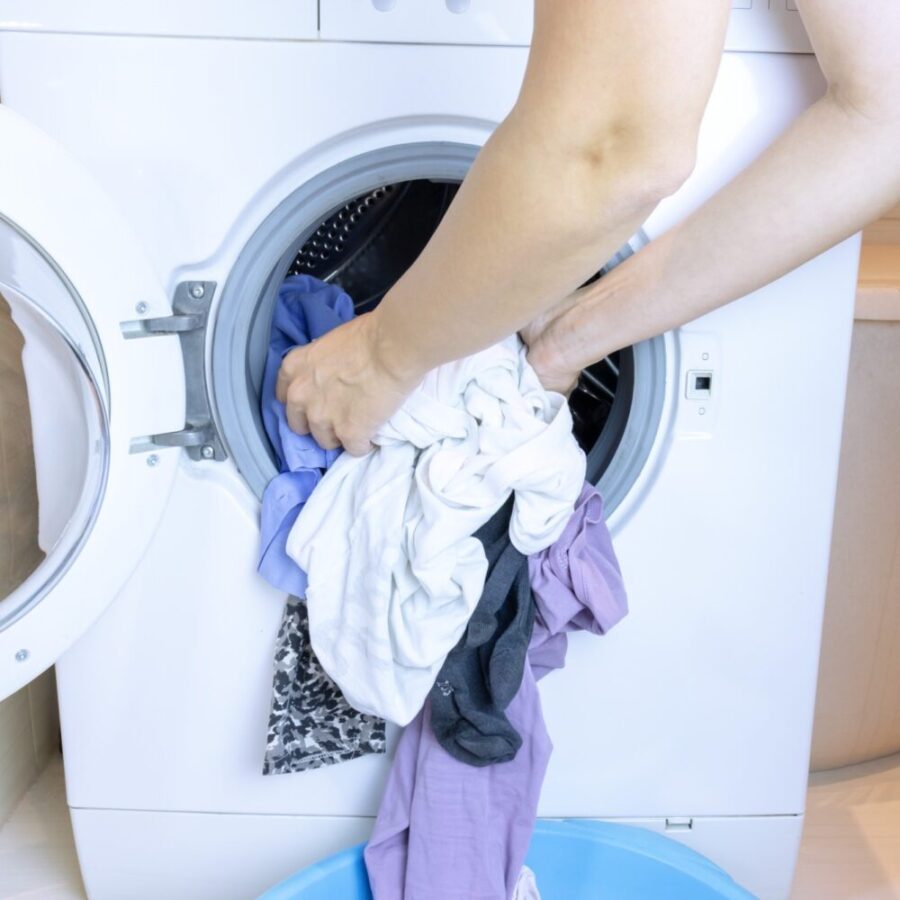
123RF
It’s not the end of the world if you buy a cheap toaster, blender, or microwave. Still, never buy cheap when it comes to larger appliances like refrigerators, dishwashers, washing machines, and dryers. Cheap or second-hand large appliances can break down often. You’ll spend more on repair consultants than enjoying the appliance. Cheap large appliances also don’t work as efficiently as more expensive, quality models.
7. Professional Services

123RF
If you have serious legal problems, health troubles, or home repair issues, then sourcing the help of the cheapest professionals will not serve your interests. Hiring cheap professionals will worsen your problems and potentially cost more money in the long run. The cheapest professionals can be uncouth, incompetent, negligent, and potentially dangerous, no matter how well-meaning they are. Never buy cheap when it’s time to call a professional.
8. Quality Footwear

123RF
Shoe, sneaker, and footwear-based businesses design and manufacture footwear to last about a year under optimum circumstances. Statistics vary, but the point is that the cheaper your footwear and the more you wear them, the faster they will wear down and fall apart. Buying and maintaining several pairs of quality footwear will ensure years of use. Never buy cheap footwear, you’ll regret it and spend more money replacing quickly worn-out shoes.
9. Batteries
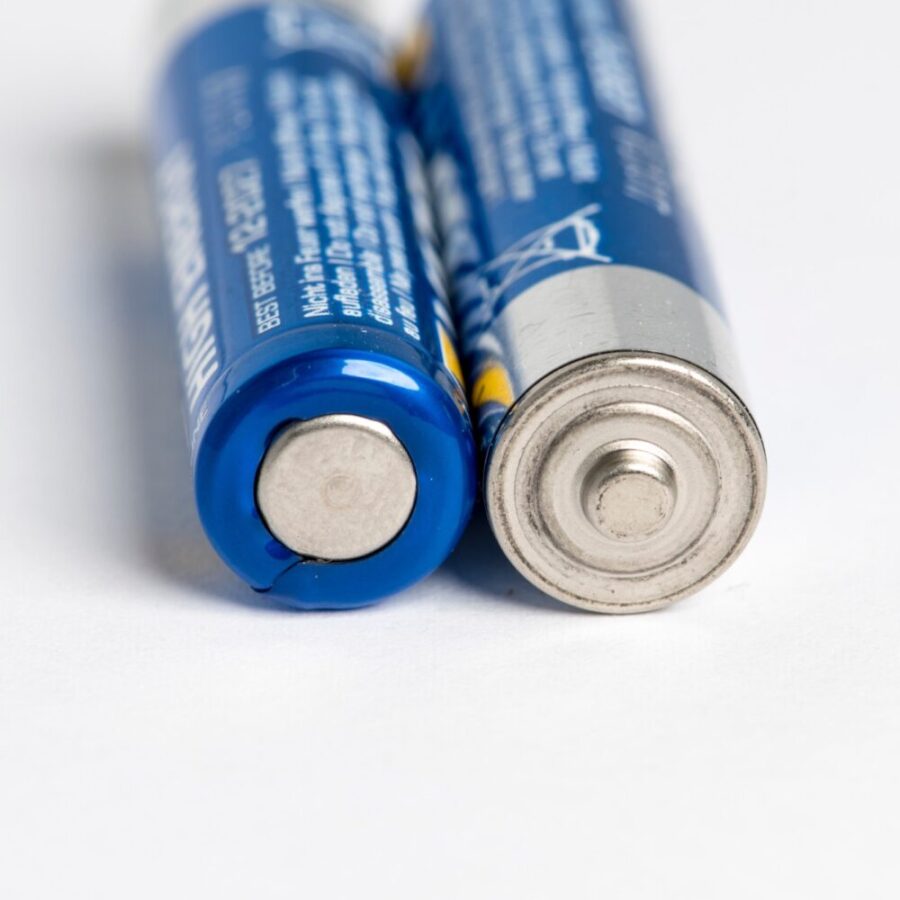
123RF
Discount zinc-carbon battery products are poorly made, and leak potentially toxic chemicals like zinc ammonium chloride, ammonia, manganese hydroxide, and more. Leakage from cheap batteries can damage the electronics you insert them into. Also, they are inefficient and have short life spans, so you will have to buy more of them often. Never buy cheap batteries and just invest in rechargeable batteries instead. Rechargeable batteries can be used 1,000+ times and last five years or more.
10. Mattress
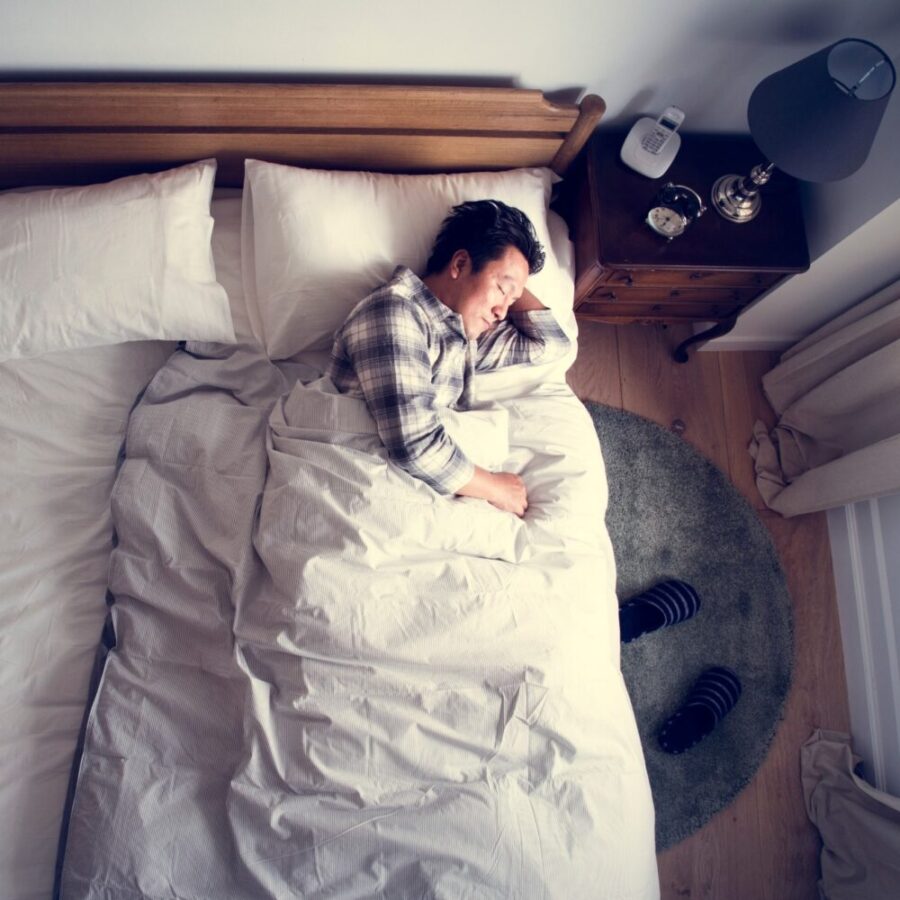
123RF
A quality mattress can last anywhere between seven and ten years. While you don’t need to buy the most expensive luxury mattress, you’ll regret buying cheap out sooner rather than later. Cheap mattresses are easier havens for bugs, wear out quickly, are uncomfortable to sleep on, and can cause posture and health issues. Never buy cheap when it comes to mattresses.
11. Car

123RF
The typical cost of a new vehicle in the United States is $47,000.However, consumers are more likely to buy a used car than a new one, and that was true way back in 2019. There are vehicle history websites that you can use for research if you have the VIN of the cars you are considering buying. Be wary of prices that seem too good to be true. Cheaply priced cars could be hiding camouflaged damage and expensive repair issues that will reveal themselves later at the worst moment.
12. Car Tires
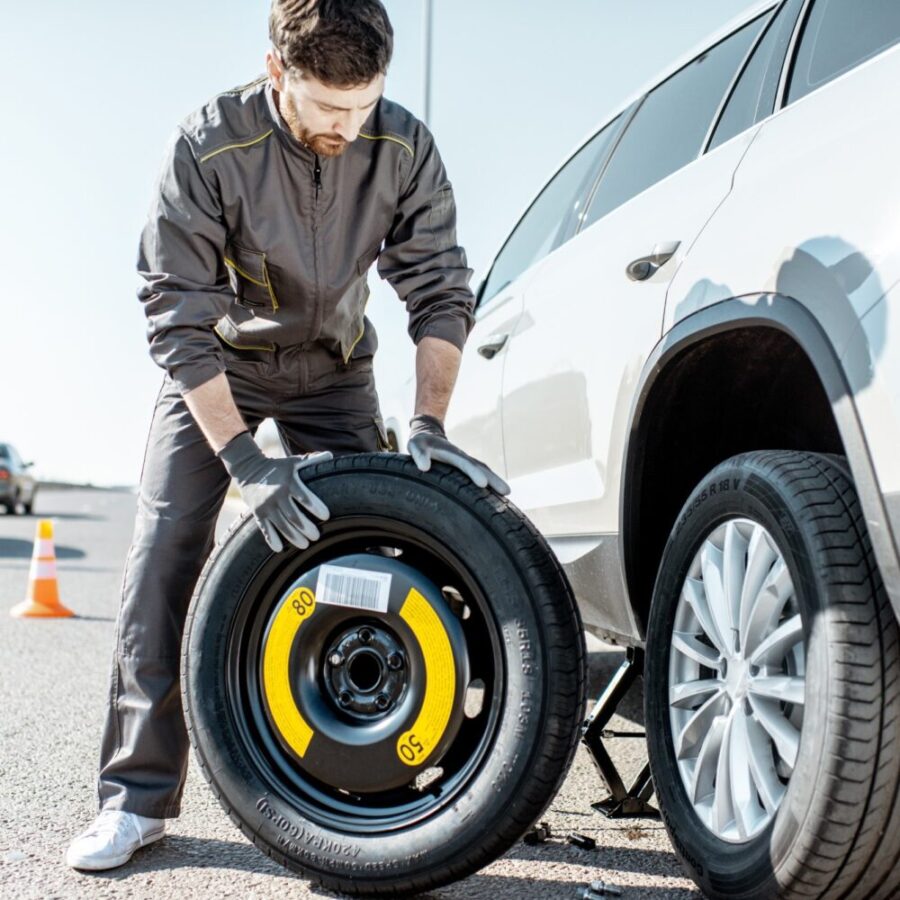
123RF
You should never buy cheap car tires under any circumstance. Properly pressured car tires allow drivers to maintain optimum steering control, fuel efficiency, and operational safety. Consult your driver’s manual and consult a mechanic about the proper tires you specifically need for the make and model of your car. Car tires generally last up to five years or 50,000 miles, but specifications vary according to make and model.
Never Buy Cheap, Always Buy Quality

123RF
Only you can decide which products to buy cheaply and when to pay more for quality. It may help to keep a consumer diary of the products you buy. Record the prices of the items you use, their usefulness, and how long they last.
Get in the habit of comparing products, prices, and their levels of quality. There is never any long-term benefit in buying cheap products all of the time.
Read More
12 Items You’re Paying For That You Can Almost Get For Free
Beware of What You Breathe: 10 Reasons Your New Rug’s Scent Could Spell Trouble

Allen Francis is a full-time writer, prolific comic book investor and author of The Casual’s Guide: Why You Should Get Into Comic Book Investing. Allen holds a BA degree from Marymount Manhattan College. Before becoming a writer Allen was an academic advisor, librarian, and college adjunct for many years. Allen is an advocate of best personal financial practices including saving and investing in your own small business.




